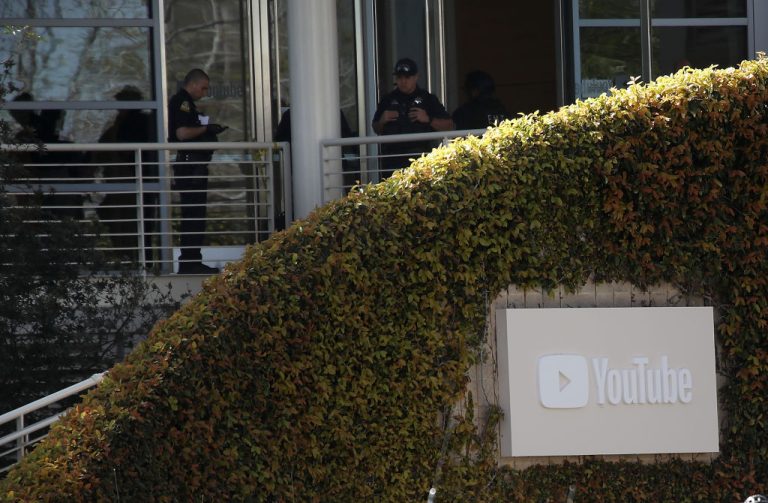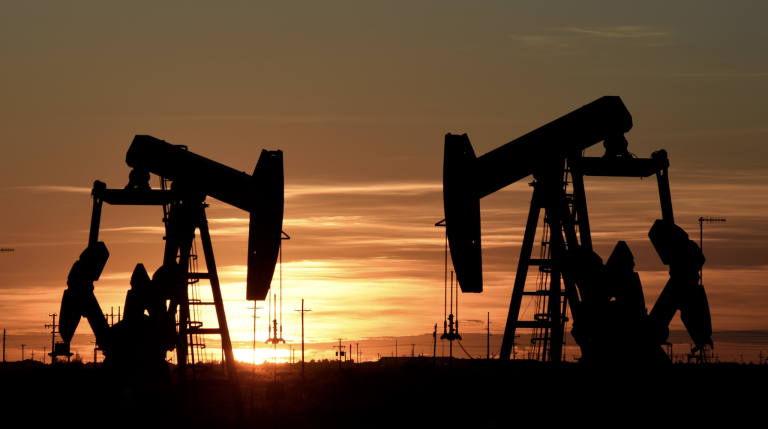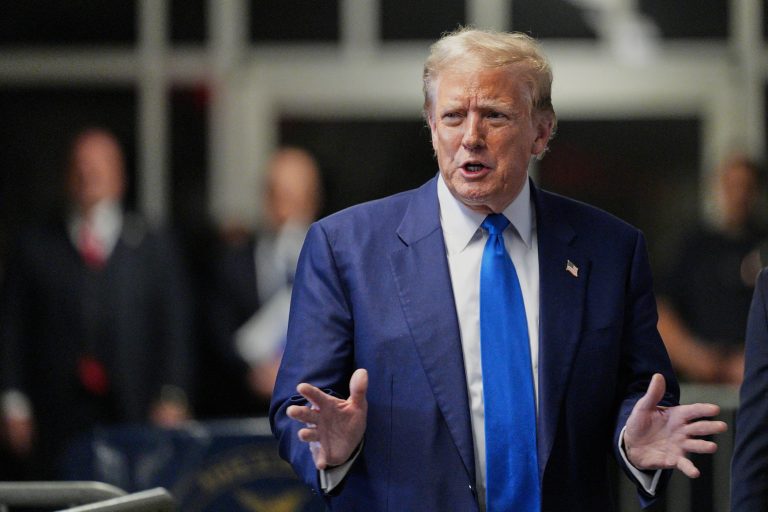As the DNC and GOP nominations for the 2024 U.S. Presidential Election marches ever closer, YouTube has relaxed a policy that amounted to a ubiquitous ban on content that alleges fraud or manipulation occurred in the 2020 contest.
The video platform admitted that over the almost 3 years since the election occurred it has conducted “tens of thousands of video removals” in a June 2 blog post announcing the changes.
Conceding that “while removing this content does curb some misinformation,” YouTube said the problem with the censorship approach is that it “could also have the unintended effect of curtailing political speech without meaningfully reducing the risk of violence or other real-world harm.”
The policy came to a head when virtually every Big Tech platform took a page out of the Chinese Communist Party’s playbook, totally banishing still-President Donald Trump after the Jan. 4 Capitol Riots, an event that had all the hallmarks of a false flag operation and little signs of being an organic uprising of Republican voters.
YouTube stated, “With that in mind, and with 2024 campaigns well underway, we will stop removing content that advances false claims that widespread fraud, errors, or glitches occurred in the 2020 and other past US Presidential elections.”
A RECAP OF THE 2020 ELECTION
- Biden Versus Putin Drama Boils Back to Intelligence Community Election Interference Assessment
- Arizona Election Audit Confirms Biden Won, but Leaves More Questions Than Answers
- Sequoia Bankruptcy Filings Reveal Major Issues with Smartmatic and Dominion
- Parler Says Twitter Files ‘Vindicated’ Company’s Post-Capitol Riot Big Tech Banhammer
Success
You are now signed up for our newsletter
Success
Check your email to complete sign up
The change came into effect immediately.
However, the company states that it will continue to algorithmically promote “authoritative sources” ensuring that users “see content” from such sources “prominently in search and recommendations.”
In referencing authoritative sources, YouTube provided a link dated Dec. 9, 2020 to the company blog showing “Most Viewed U.S. Election-Related Content,” among which the top 5 included the usual suspects of establishment media: ABC, NBC, CBS, CNN, and USA Today.
What the platform is not relaxing on is a crackdown on active disinformation campaigns that seek to deceive viewers “about the time, place, means, or eligibility requirements for voting.”
However, included in this subset are still videos that contest the validity of the vote by mail system, which was often credibly linked to ballot harvesting campaigns, and “content that encourages others to interfere with democratic processes.”
Despite YouTube’s about face, other influential mainstream news outlets such as Bloomberg still speak definitively on the topic, affirming the side of the debate that there simply was no foul play in 2020.
June 2 reporting by the outlet was quick to say that among the thousands of videos on the topic that YouTube has censored over the last several years, “Some of those videos were removed for promoting the falsehood that the 2020 US presidential election was stolen.”
Rolling Stone also expressed dejection in an article titled “Youtube Nukes Policy Banning Election Denialism” accompanied by a subhead that reads: “Election misinformation is banned on YouTube … unless it’s conspiracies about the 2020 election.”
“One would hope that social media companies would make it harder, not easier, for these lies to be spread, but on Friday YouTube announced it is reversing its content moderation policy banning election denialism,” the outlet lamented.
A YouTube spokesperson told Axios the platform “carefully deliberated this change,” but declined to elaborate with any details on the deliberation process.
“Former President Donald Trump and other elected officials have made election denialism a key tenet of their political platforms ahead of the 2024 election,” the outlet stated, adding that Trump had openly called the last election “rigged” in a recent televised CNN Town Hall segment.
Although Trump was banned from every social media platform, leading to the former President establishing his own website to launch press releases and even his own Twitter clone to message to followers, the straight jacket has been loosened in recent months.
After Elon Musk acquired Twitter, Trump’s account was reinstated — though he declined thus far to post on it.
On the other hand, after YouTube eliminated the ban on Trump’s account in March, the former president has posted videos sporadically, with a rapidly increasing volume since the announcement by Florida Governor Ron DeSantis that he will contest Trump for the Republican nomination.
On May 31, network media widely reported former Vice President Mike Pence would join the race on June 7.
In coverage of the topic, NBC News admitted that Trump currently “claims a majority in most national polls” with DeSantis “in a clear second place.”















